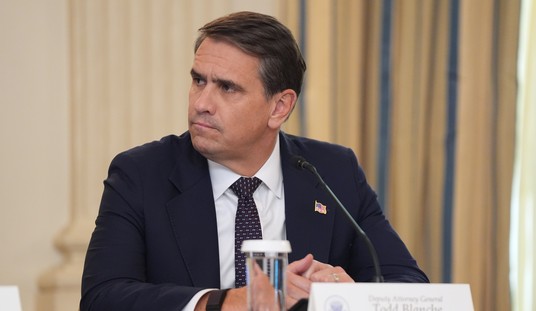The press freedom organization Reporters Without Borders (RSF) released its 2017 World Press Freedom Index today, determining that the situation for media freedom is bleaker in nearly two-thirds of 180 countries as compared to the previous year’s analysis.
As in past years, Scandinavian countries top the list as nations most hospitable to a free press, with Norway, Sweden and Finland topping the list, followed by Denmark, the Netherlands and the highest placing country in the Americas, Costa Rica.
The United Kingdom comes in 40th in the ranking, while the United States is 43rd — down two places from the previous year.
“U.S. press freedom, enshrined in the First Amendment to the 1787 constitution, has encountered several major obstacles over the past few years, most recently with the election of President Donald Trump,” RSF states. “He has declared the press an ‘enemy of the American people’ in a series of verbal attacks toward journalists, while attempting to block White House access to multiple media outlets in retaliation for critical reporting. Despite the bleak outlook under Trump, it bears repeating that his predecessor left behind a flimsy legacy for press freedom and access to information.”
Cases of concern highlighted by the group include Martin Méndez Pineda, a Mexican journalist who fled Guerrero due to death threats after reporting on police misconduct and arrived at the southern border Feb. 5 to request political asylum. He passed a March 1 “credible fear interview” to determine whether he was a threat to the United States, but is still being held in an ICE detention center in El Paso in what his lawyer says are “deplorable conditions” without answers as to why he hasn’t been able to present his asylum case to an immigration judge.
RSF has also objected to the Department of Homeland Security demanding passwords for electronic devices at the border, warrantless searches that have surged 79 percent compared to the same period last year.
Twenty-one countries received the worst rating, black shading on the press freedom map that indicates the situation there is “very bad.” Burundi, Egypt and Bahrain fell into the black this year. “Regardless of the law, the regime led with an iron fist by Gen. Al-Sisi tolerates no criticism, suppresses protests, shamelessly erodes media pluralism, attacks the journalists’ union, and encourages self-censorship amongst reporters on a daily basis,” RSF said.
Fifty-one countries — two more than last year — were ranked as “bad.”
For more than a decade, three countries have duked it out for the worst ranking on the list: Eritrea, which has been the worst country for the past 10 years, North Korea and Turkmenistan, which has been seizing residents’ satellite dishes to prevent non-official news consumption. Eritrea ceded its rock-bottom placement this year to Kim Jong-un’s regime.
“More foreign reporters have been allowed to cover official events and, in September 2016, Agence France-Presse was even able to open a bureau in Pyongyang. These developments might give the impression of more openness, but in fact there is no desire for real change,” the press freedom group cautioned. “The information available to the foreign media is still meticulously controlled and the population is kept in ignorance and terror. Listening to a radio station based outside the country can lead straight to a concentration camp.”
Syria, the world’s deadliest country for journalists, sits at 177th place. Still missing there is Texas journalist Austin Tice, who was kidnapped in 2012.
Mexico has fallen nearly 75 places over the past 15 years, coming in at 147th in this year’s index after 10 more journalists were murdered last year. That’s worse than Afghanistan, which is 120th. “The courageous efforts of Afghanistan’s journalists and their determination to fulfill their reporting mission are frustrated by the constant decline in the security situation resulting from the Taliban and Islamic State insurrections, which have turned entire provinces into news and information ‘black holes,'” RSF said. “Only the government’s declared readiness to create protective mechanisms for journalists has prevented Afghanistan from falling further in the Index.”
Russia falls one place behind Mexico, at 148th, slightly ahead of Belarus and Turkey.
The index is compiled using questionnaires supplied to journalists in the countries covering “pluralism, media independence, media environment and self-censorship, legislative framework, transparency, and the quality of the infrastructure that supports the production of news and information,” a qualitative analysis “combined with quantitative data on abuses and acts of violence against journalists during the period evaluated.”










Join the conversation as a VIP Member